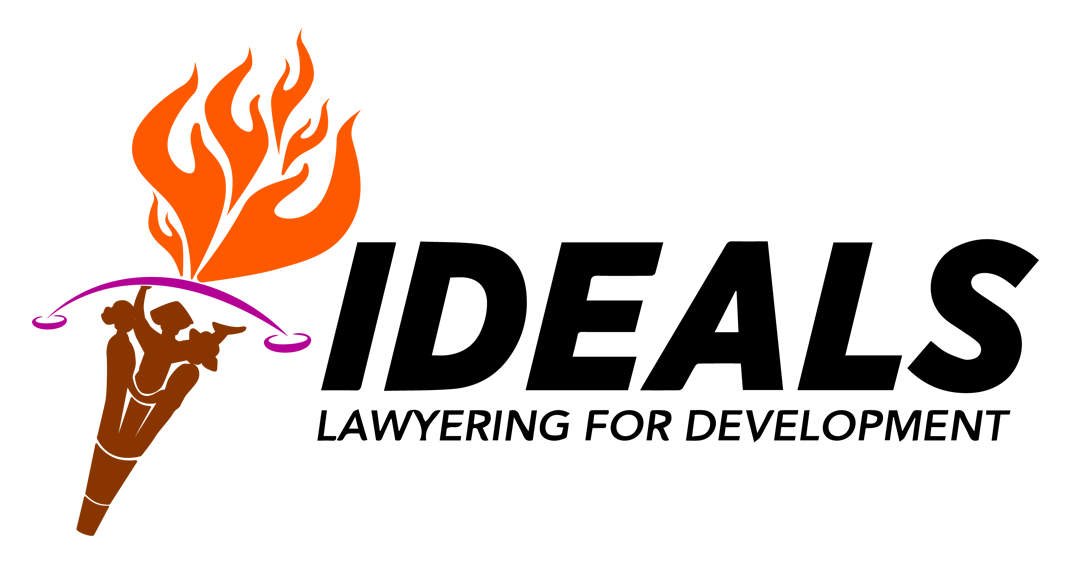RIGHTS IN CRISIS AND EMERGENCIES
Magic hands to care and to provide: sanitation and hygiene to combat the COVID-19 pandemic

In September 2020, BARMM recorded a total of 726 COVID-19 cases since March. Maguindanao has since implemented lockdowns on several institutions including a police training facility and the provincial capitol because of the rapid spread of the virus.
When Rohamina, 33, came back to her hometown in Sultan Sa Barongis, Maguindanao at the height of the global pandemic in October, she was brought home by an ambulance. She has worked in Saudi Arabia for three years but has only returned home once. She was greeted and welcomed by the neighborhood that one time she went home, but it was different this time. She was met by health workers and local officials upon her arrival and had to comply to the 14-day home quarantine. While she followed all the protocols for Returned Overseas Filipino Workers, she worried that their conservative community would look at her differently for coming from another country. She decided to hide the fact that she just got back from abroad to prevent being discriminated by anyone she comes across.
Rohamina’s husband, Bayan Mama, barely earns enough as a motorcycle driver to provide for their three children. She thought that working abroad as a domestic helper would help provide for her children’s education. Because of the pandemic, she decided to come home and be with her family during such a difficult time. Rohamina plans to return back to Saudi Arabia as her family falls under the prey of the looming economic crisis in the country. Bayan’s income has significantly plummeted, sometimes coming home after a day’s work with almost nothing in his pocket, because of the restrictions and limited passengers using public transportation.
While she hasn’t returned to Saudi Arabia yet, she has decided to become an active participant of the activities in her community. In November, Rohamina joined the first activity of the Mum’s Magic Hands sessions. Mum’s Magic Hands is a program developed to equip communities with information about the importance of proper handwashing and hygiene, prevention of COVID-19, management of stigma and equal opportunities for all genders through care work sessions.
Rohamina felt honored to be selected by her community champion neighbor to join. For her, this project is an opportunity for families like hers to learn about hygiene and sanitation practices which are vital to combatting the spread of COVID-19. With her understanding of sanitation and hygiene, she overcame her fear of being discriminated by her community.
“Sa timpo na pandemya anya masela i makadtabang na kalimpyo. Masela I makadtabang na nyaba programa anya nakauma sa dalepa nami ka mana kapamanduwan kami sa mapya a ukit nu kalimpyo… Sukur-sukur ako ka nasot ko inya a programa. Madakel i nakapamando nin salkami a ukit nu kalimpyo, endo deyt a mga enggulan endo dili makapamagalita su sakit. Bida bun i taw a makasabot, na sabap sa programa banya, na madakel i namakatuntay.” [During this pandemic, sanitation and hygiene are a big deal. The project helped our community a lot in raising awareness on these important matters. I thank everyone behind the project because it has taught us a lot about what we should do to avoid COVID-19 and its transmission. Having knowledge is important and because of this project, many of us had access to this information.]
In February, Rohamina went back to Saudi Arabia to work. Even without her presence, she is confident that her children have enough knowledge and information on maintaining hygiene and preventing COVID-19 transmission. ###
This story is written by Sasha Dalabajan and is part of the UNILEVER/DFID Hygiene Behaviour Change Coalition (HBCC) Project implemented by Oxfam, Philippine Rural Reconstruction Movement (PRRM), United Youth of the Philippines – Women (UnYPhil-Women), and Initiatives for Dialogue and Empowerment through Alternative Legal Services (IDEALS, Inc.) in Maguindanao.
